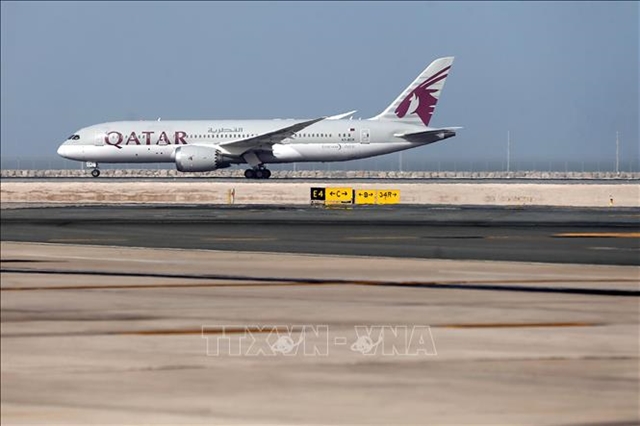 Economy
Economy

More than 6,000 enterprises in HCM City have resumed operations following the containment of the COVID -19 pandemic and more than 30,000 new ones with capital of VNĐ696 trillion have been set up this year, the city chairman has said.

|
| Nguyễn Thành Phong, chairman of the HCM City People’s Committee, speaks at a conference on reviving the city’s economy last week. Photo courtesy of the HCM City Press Centre |
HCM CITY — More than 6,000 enterprises in HCM City have resumed operations following the containment of the COVID -19 pandemic and more than 30,000 new ones with capital of VNĐ696 trillion have been set up this year, the city chairman has said.
Nguyễn Thành Phong, chairman of the People’s Committee, said of the new companies, 579 have registered capital of over VNĐ100 billion (US$4.3 million) each, indicating the vitality of the business community.
There are more than 438,000 enterprises in the city, accounting for 32 per cent of the country’s total number, 54 per cent of the city’s economy and 67 per cent of its investment.
Phong said the city would continue to support enterprises as part of its effort to revive business activities.
“The city has basically contained the second wave of the outbreak and not detected any local infection for more than two months.
“It has entered a new normal status with the task of both containing the outbreak and reviving the economy.”
The top priority would be to help businesses maintain production and avoid bankruptcy, and prevent workers from losing jobs, he said.
He has urged the HCM City Business Association to develop software to collect information about businesses such as how seriously they have affected by the pandemic so that the city could easily address their problems based on the data.
Phong was speaking at a seminar last week on reviving the city’s economy amid the continuing global pandemic.
He also pointed out the challenges facing the city.
“The city’s economy grew at less than 1.2 per cent, the lowest ever. More than 27,000 businesses suspended operations because of the pandemic. The total registered capital of enterprises in the city has fallen by more than VNĐ140 trillion.”
Services, accounting for more than 60 per cent of the city’s economy, have been hit hardest, especially tourism and accommodation.
“Some 4,400 companies, including 1,300 travel businesses, have been affected with 100,000-120,000 jobs lost,” Phong said.
Small and medium-sized enterprises, which account for 98 per cent of all enterprises, have been severely impacted, he said.
He promised the city would continue to help companies reduce costs and encourage replacement of imports with local goods.
“The city plans to soon announce specific policies to help badly affected enterprises and sectors such as travel, restaurants, hotels, and transport- and tourism-related services.”
It also plans to roll out a second aid package worth VNĐ12 trillion ($517.64 million) exclusively for enterprises with preferential loans for employers to maintain production, retain workers and ward off bankruptcy with priority given to micro and small-sized enterprises, he said.
Chu Tiến Dũng, president of the HCM City Business Association, said the city should relax the conditions for enterprises to get easier access to support packages.
The State Bank of Việt Nam should also amend Circular 01 for this purpose, he added.
It is important to support enterprises to ensure production and create domestic supply chains and reduce corporate income tax and value added tax for them, he said.
Phong also noted the importance of the city’s digital transformation as it aims to become a smart city with e-government, e-enterprises and an electronic society by 2030.
By 2030 it also aims to push all public services online and provide them on multiple platforms, including mobile devices. The digital economy is expected to account for 40 per cent of the city’s economy.
The rate of individuals and enterprises having electronic accounts for payments will exceed 85 per cent.
To obtain these goals, Phong said the city would strengthen communications and improve awareness among its workers, public and enterprises and create shared databases. — VNS




